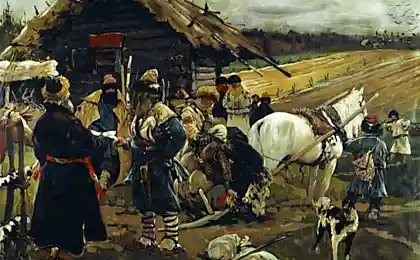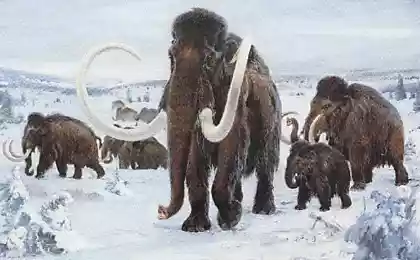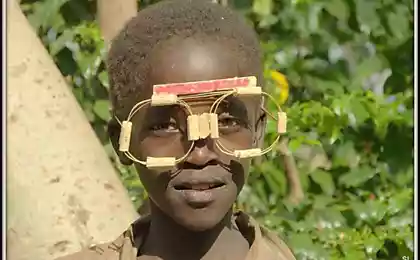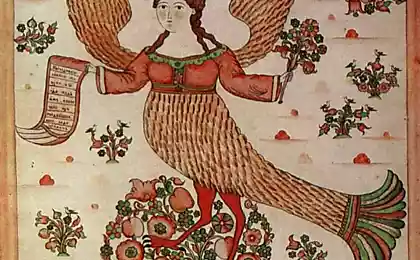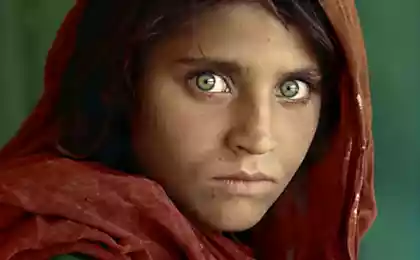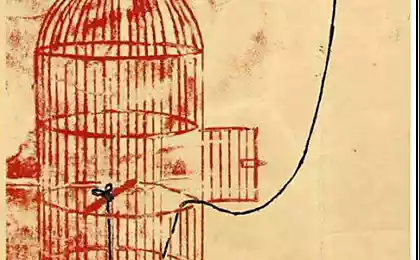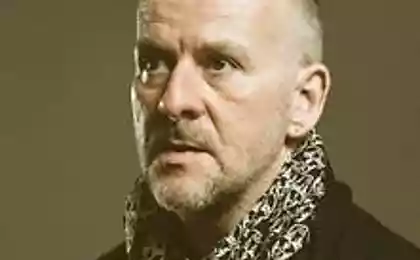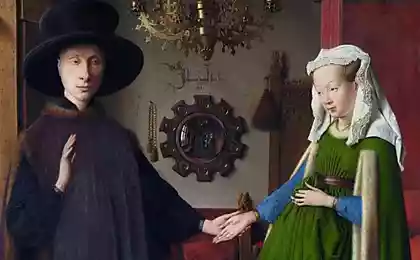535
6 modern nationalities, which is ruled by a matriarchy
When on the fragile shoulders of women bear the burden of controlling men... They perfectly cope with it! As you know, in the modern world everything is run by men — despite the efforts of feminists to reverse the situation, most of the government positions in almost all countries continue to occupy the representatives of the stronger sex, they are more in the list of billionaires and at the meetings of the boards of Directors of major corporations in the world. The women seeking equally (and often more) of outstanding success, as men often find the exceptions that prove the rule. However, there are on our planet, where men have historically been trained not to look at women from top to bottom. Your attention to six living peoples with a matriarchal society structure. 1. Moso 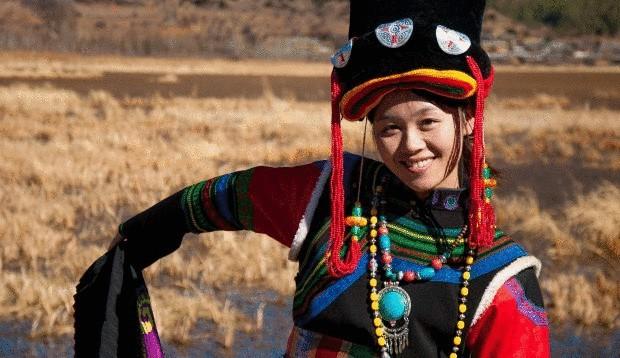
© setasybambu.wordpress.com
Small moso people living in the Chinese provinces of Yunnan and Sichuan near the border with Tibet is one of the most famous modern societies with matriarchy. The Chinese government believes that part of the moso ethnic Naxi, but they are two completely different ethnic minority culture and language.
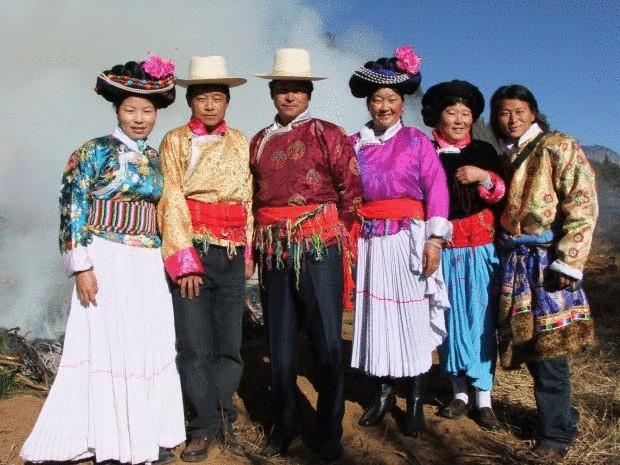
© www.pandapoop.net
Moso live in large families, each of them play a major role female lineage is through the female line, the family tradition passed on from senior representatives of the kind of younger, similarly inherited the property. All important decisions concerning the life of the families host only women, they are responsible for raising those children at birth given the family name of the mother, not the father. It should be noted that the policies are predominantly men.
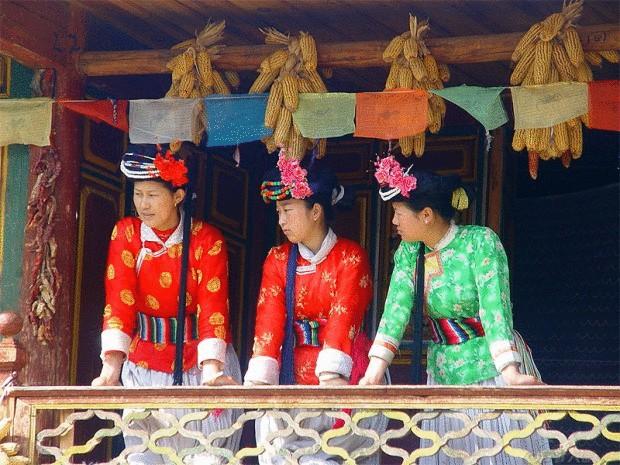
© pivotcultura.com.br
The institution of marriage, as such, moso is missing, instead practiced the custom with the speaker called "walking marriages" (translated as "the wedding during a walk"). Women are free in the choice of sexual partners and do not live with them under one roof. Children will always remain in the mother's home, therefore, parents practically do not participate in their lives, sometimes mothers don't even know who exactly conceived a child. Instead of educating their own offspring men are children belonging to the families of their mothers.
2. Minangkabau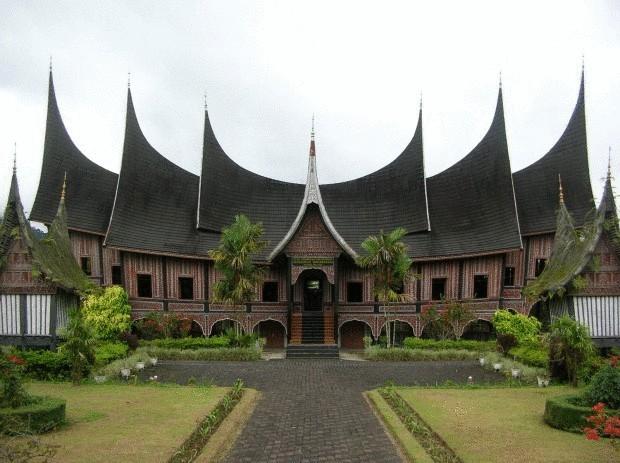
© negerikuindonesiaa.blogspot.com
The Minangkabau ethnic group who inhabit the Indonesian province of West Sumatra, has about 4 million people — today it is the world's largest society with a matriarchal way of life. All the family property is passed from mother to daughter, as the mother is considered head of the family and plays a major role in the life of every representative of the people. Political and religious institutions is male-dominated, but otherwise he is ruled by Minangkabau women — this division of public responsibilities allows everyone to feel equal.
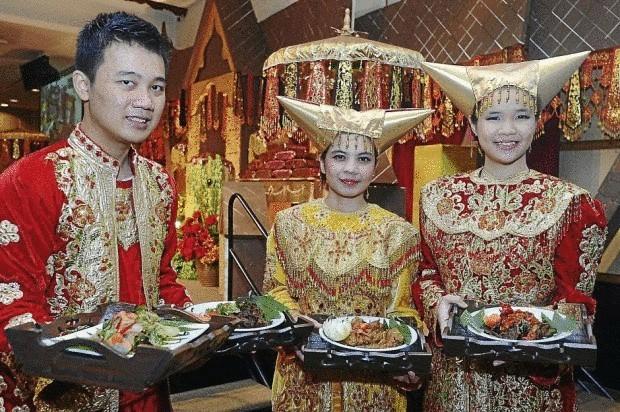
© www.thestar.com.my
After marriage, women retain the main role of the night they spent together, but in the morning men usually go home to their mothers. On reaching 10 years of age the boys leave the maternal home and for a time live in a men's circle, finding the necessary representatives of the stronger sex skills and learning the secrets of religious practices. It should be noted that the head of the family is always male, but if it ceases to carry out its duties, women have the right to remove him from office and choose another in his place.
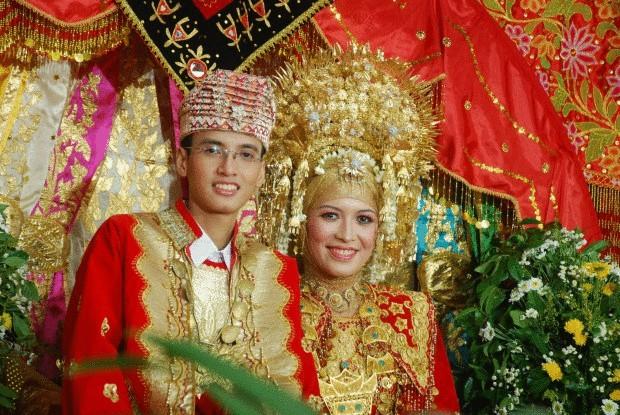
© Wikimedia
3. Akane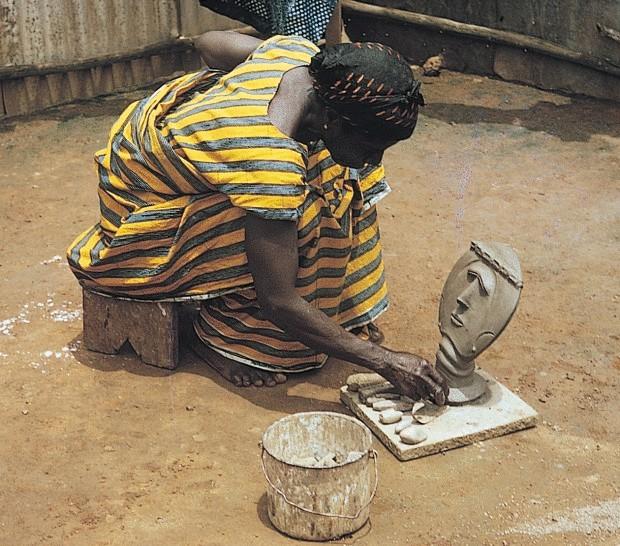
© schools.nashua.edu
Ethnicity Akane is a large part of the population of the Republic of Ghana and côte d'ivoire. Social-the social system Akanov is a typical matriarch, in their families, including the surnames and property are inherited through the maternal line, women determine the direction of the development of society as a whole. Senior positions in the management bodies traditionally held by men, but the right to them passed through female relatives — mothers, sisters and daughters. It often happens that men care not only about their families, but also their distant relative.
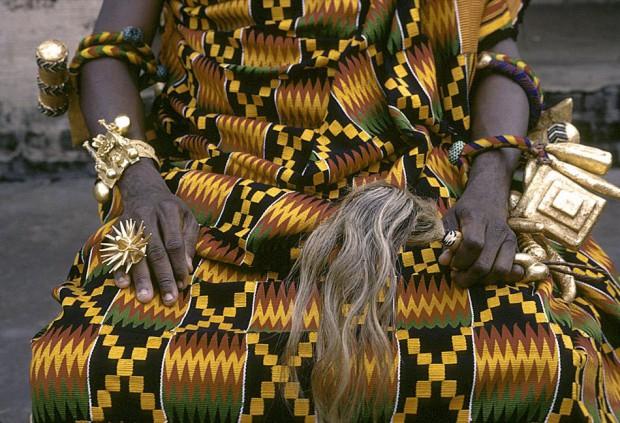
© kwekudee-tripdownmemorylane.blogspot.com
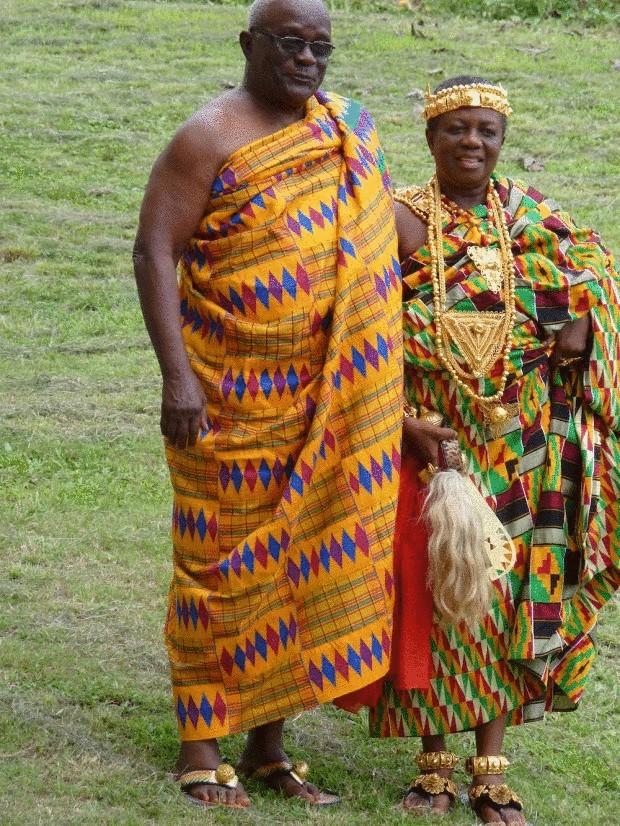
© www.nairaland.com
4. Bribri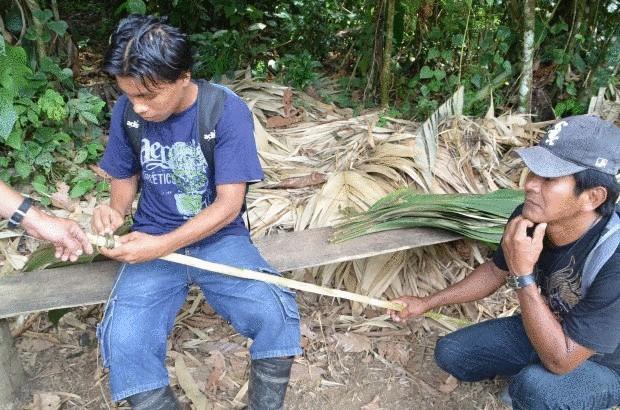
© maiden-voyage-travel.com
The Costa Rican province of Limón lives bribri Indian tribe, who number according to various estimates, ranges from 4 thousand to 13 thousand people. Like many other peoples with a matriarchal society structure, based on the social system are bribri tribal communities, typically comprising a few dozen people, at the head of each is the oldest woman. Bribri traditionally live in small settlements, two or three houses, this property and land is inherited through the female line. It is also important that only women have the right to prepare cacao, bribri which are used in religious rituals.
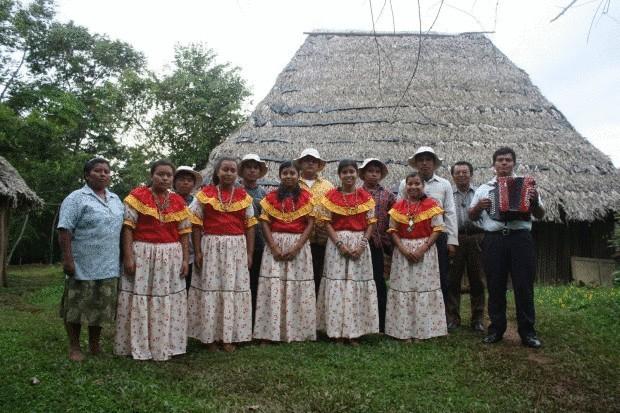
© www.hypescience.com
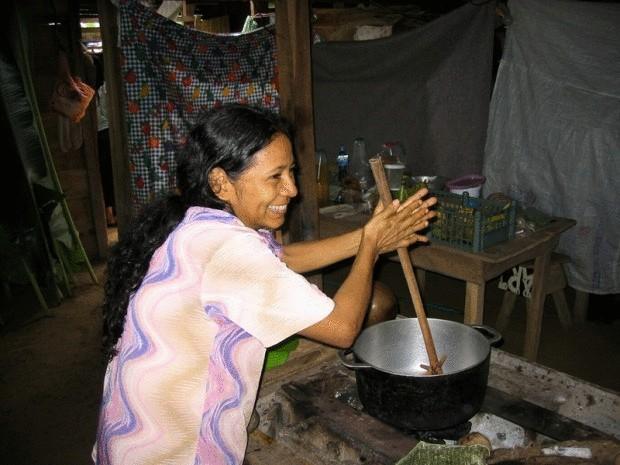
© www.matricien.org
5. Garo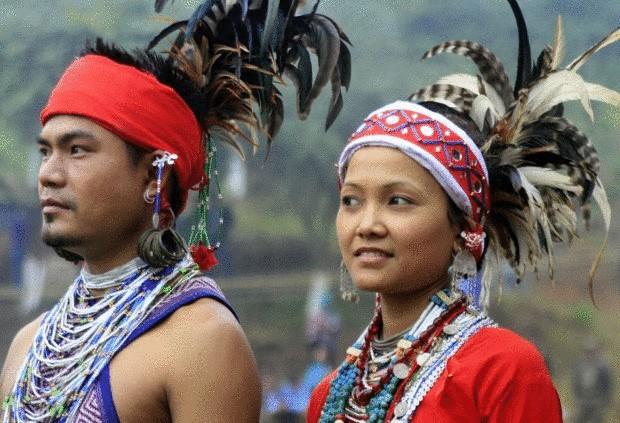
© Vishma Thapa
Garo is one of the main ethnic groups of the Indian state of Meghalaya. Like their neighbors in the region of the Khasi hills, the Garo society in the first women's roles, although a fully matriarchal social system of Garo can not be named — governmental institutions run by men, they also dispose of a large property. However, the head of the family is considered to have a Garo woman, this "position" is inherited by the youngest daughter, like most of the family property.
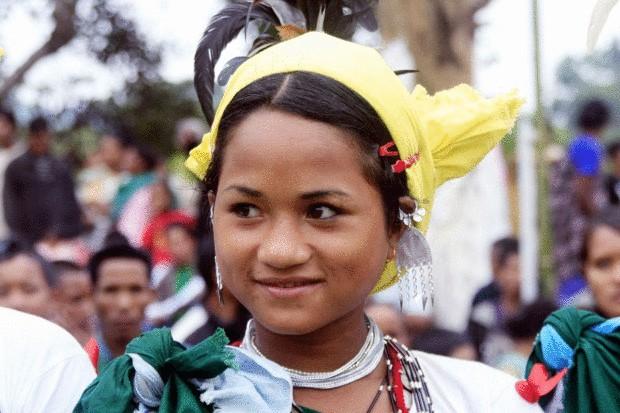
© Vishma Thapa
In families of Garo, the main heir is getting married the last of all the daughters and as a rule, the family easily finds a worthy husband, while the elder sisters bespridannica to arrange the marital life is much more complicated. Grooms often try to escape from the brides and families with daughters "marriageable" literally have to forcibly drag them back to your house. Future husband sometimes makes more than one or two shoots, and scores — as long as the bride will not put up with his unwillingness to get married or will seek his consent. Most often it is achieved numerous promises to obey wife to actually be his servant. After the wedding, the newlyweds live in the bride's home, if their relationship is not formed, the dissolution of a marriage by mutual consent and without condemnation from the public.
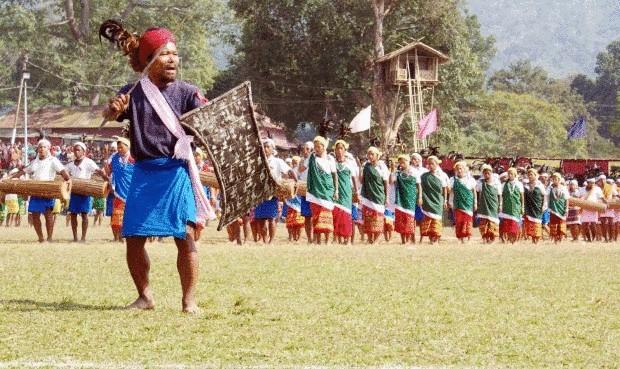
© Vishma Thapa
6. Nagovisi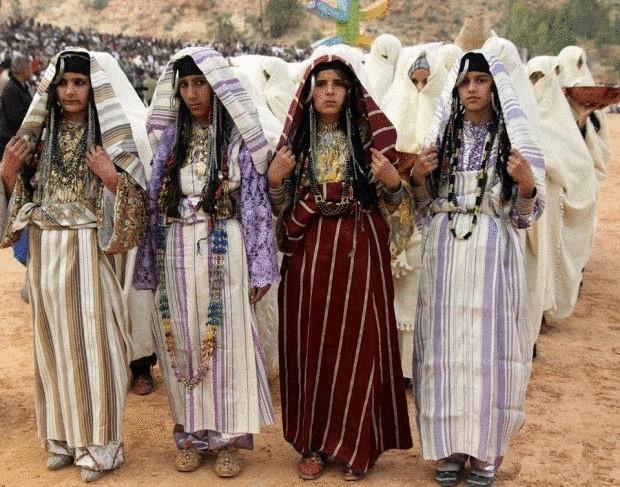
© www.heliotricity.com
In the southern part of the island of Bougainville, part of Papua New Guinea lives a tribe nagovisi run by women — they make decisions concerning tribal communities, and participate in rituals and ceremonies, and the rest of the time dedicated to the processing of their land that are passed down from mothers to daughters, and the right to own land is only the women of the tribe. Anthropologist Jill Nash, who has studied the life nagovisi, says when it comes to marriage, the women of the tribe gardening skills are as important as looks and sexuality are the skillful of the bride are valued in men their weight in gold. Wedding ceremonies have nagovisi no — if man and woman spend a lot of time together, sleep together, under one roof and collectively process belonging to the woman area, they are considered married.
источник:publy.ru
Source: /users/1077

© setasybambu.wordpress.com
Small moso people living in the Chinese provinces of Yunnan and Sichuan near the border with Tibet is one of the most famous modern societies with matriarchy. The Chinese government believes that part of the moso ethnic Naxi, but they are two completely different ethnic minority culture and language.

© www.pandapoop.net
Moso live in large families, each of them play a major role female lineage is through the female line, the family tradition passed on from senior representatives of the kind of younger, similarly inherited the property. All important decisions concerning the life of the families host only women, they are responsible for raising those children at birth given the family name of the mother, not the father. It should be noted that the policies are predominantly men.

© pivotcultura.com.br
The institution of marriage, as such, moso is missing, instead practiced the custom with the speaker called "walking marriages" (translated as "the wedding during a walk"). Women are free in the choice of sexual partners and do not live with them under one roof. Children will always remain in the mother's home, therefore, parents practically do not participate in their lives, sometimes mothers don't even know who exactly conceived a child. Instead of educating their own offspring men are children belonging to the families of their mothers.
2. Minangkabau

© negerikuindonesiaa.blogspot.com
The Minangkabau ethnic group who inhabit the Indonesian province of West Sumatra, has about 4 million people — today it is the world's largest society with a matriarchal way of life. All the family property is passed from mother to daughter, as the mother is considered head of the family and plays a major role in the life of every representative of the people. Political and religious institutions is male-dominated, but otherwise he is ruled by Minangkabau women — this division of public responsibilities allows everyone to feel equal.

© www.thestar.com.my
After marriage, women retain the main role of the night they spent together, but in the morning men usually go home to their mothers. On reaching 10 years of age the boys leave the maternal home and for a time live in a men's circle, finding the necessary representatives of the stronger sex skills and learning the secrets of religious practices. It should be noted that the head of the family is always male, but if it ceases to carry out its duties, women have the right to remove him from office and choose another in his place.

© Wikimedia
3. Akane

© schools.nashua.edu
Ethnicity Akane is a large part of the population of the Republic of Ghana and côte d'ivoire. Social-the social system Akanov is a typical matriarch, in their families, including the surnames and property are inherited through the maternal line, women determine the direction of the development of society as a whole. Senior positions in the management bodies traditionally held by men, but the right to them passed through female relatives — mothers, sisters and daughters. It often happens that men care not only about their families, but also their distant relative.

© kwekudee-tripdownmemorylane.blogspot.com

© www.nairaland.com
4. Bribri

© maiden-voyage-travel.com
The Costa Rican province of Limón lives bribri Indian tribe, who number according to various estimates, ranges from 4 thousand to 13 thousand people. Like many other peoples with a matriarchal society structure, based on the social system are bribri tribal communities, typically comprising a few dozen people, at the head of each is the oldest woman. Bribri traditionally live in small settlements, two or three houses, this property and land is inherited through the female line. It is also important that only women have the right to prepare cacao, bribri which are used in religious rituals.

© www.hypescience.com

© www.matricien.org
5. Garo

© Vishma Thapa
Garo is one of the main ethnic groups of the Indian state of Meghalaya. Like their neighbors in the region of the Khasi hills, the Garo society in the first women's roles, although a fully matriarchal social system of Garo can not be named — governmental institutions run by men, they also dispose of a large property. However, the head of the family is considered to have a Garo woman, this "position" is inherited by the youngest daughter, like most of the family property.

© Vishma Thapa
In families of Garo, the main heir is getting married the last of all the daughters and as a rule, the family easily finds a worthy husband, while the elder sisters bespridannica to arrange the marital life is much more complicated. Grooms often try to escape from the brides and families with daughters "marriageable" literally have to forcibly drag them back to your house. Future husband sometimes makes more than one or two shoots, and scores — as long as the bride will not put up with his unwillingness to get married or will seek his consent. Most often it is achieved numerous promises to obey wife to actually be his servant. After the wedding, the newlyweds live in the bride's home, if their relationship is not formed, the dissolution of a marriage by mutual consent and without condemnation from the public.

© Vishma Thapa
6. Nagovisi

© www.heliotricity.com
In the southern part of the island of Bougainville, part of Papua New Guinea lives a tribe nagovisi run by women — they make decisions concerning tribal communities, and participate in rituals and ceremonies, and the rest of the time dedicated to the processing of their land that are passed down from mothers to daughters, and the right to own land is only the women of the tribe. Anthropologist Jill Nash, who has studied the life nagovisi, says when it comes to marriage, the women of the tribe gardening skills are as important as looks and sexuality are the skillful of the bride are valued in men their weight in gold. Wedding ceremonies have nagovisi no — if man and woman spend a lot of time together, sleep together, under one roof and collectively process belonging to the woman area, they are considered married.
источник:publy.ru
Source: /users/1077



